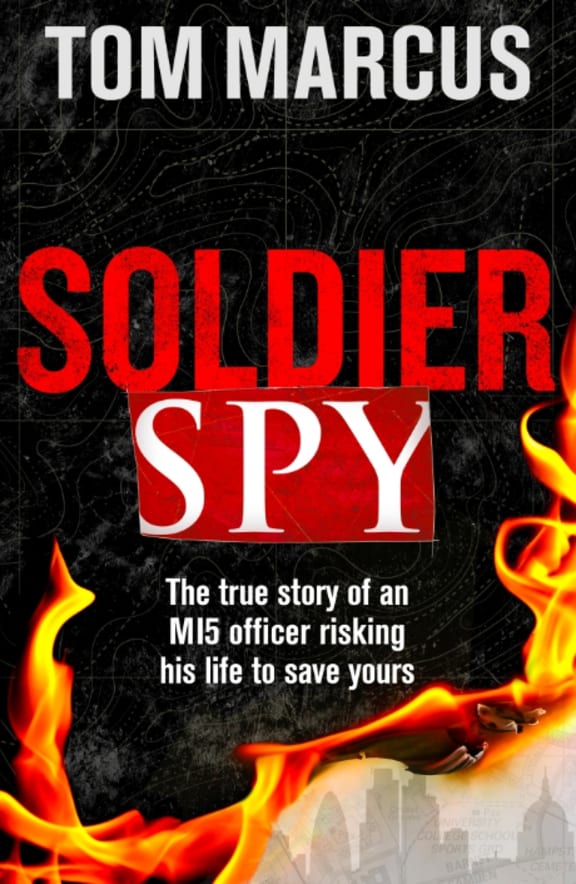Tom Marcus grew up on the streets in the north of England. He joined the army at sixteen and after five years serving undercover in one of the most secret units in the British Army, he was recruited from the army into MI5 as a surveillance officer.
He talks to Kathryn Ryan about a decade on the front line serving his country and his most dangerous missions.

soldier spy Photo: 123 RF
Read an edited excerpt from the interview below:
On U.K. territory, how many foiled have there been at an advanced stage where you believe a terrible event has been averted and is that number declining or consistent or what?
Personally speaking the threat is always there. It doesn’t matter whether it’s coming from the Irish paramilitaries or Al Qaeda back, or now it’s IS. In the future I’m sure it’ll be some other ideology where the threat is going to come from. The threat is always there. The good thing about the intelligence agencies is we’re always ahead of these threats.
In terms of how many attacks, over the decade that I was involved with counter terrorism and undercover surveillance, it’s got to be close to 100. Andrew Parker, the current Director General of the MI5 did an interview with The Guardian a few days ago and he says there has been 12 stopped over the last couple of years. The threat is always there. Sometimes the threats are spectacular attacks, really, really big statement attacks and sometimes they are lone wolf ones that slip the net.
We had an attack a while ago tragically where a soldier was attacked and killed outside his barracks by what we’ve termed as ‘lone wolf’ attackers who are self-radicalised and they decide their own targets, but as an intelligence community we are definitely on top of it.
What happens with the information you are gathering undercover?
As you can appreciate, we are a very sophisticated intelligence agency, but there are a lot of different intelligence strands, so you would get all of the electronic intercepts, you would get all of the intelligence from the agent runners and you get the information from people like me who are the surveillance teams, people who actually physically see something happening, because not everything is done electronically, so you still need people on the street to physically see these people.
All that information goes back to the headquarters of the MI5 and all of the intelligence officers sift through it. They prioritise which targets on that particular day need to have surveillance teams deployed to. Because I am sure you can appreciate, to put people under surveillance takes a lot of people and with so many different targets in the U.K. you can’t physically watch them all at the same time.
The good thing about us being on the ground is that we see things that electronic intercepts don’t pick up, so that’s really how it’s done. It’s all of the different parts of the intelligence community collaborating together and just working towards a common goal.
Another matter that is insightful in the book is the tactics and motivations of different enemies and how this affects your job. Different strategies and different types of training is used on different types of targets. Could you tell us a little bit more about that part?
The big part of our work is the Islamic threat at the moment. That takes a huge amount of work, but we don’t just face that threat. Obviously the Irish paramilitary is still there and we face a lot of problems with the Russians and the Chinese, but it’s completely different with their angle. They are not trying to cause mass-casualty events. They want to steal secrets and steal defence technology.
So these different targets and wherever the threat is coming from require slightly different techniques. So, the Irish paramilitaries, if they are meeting somewhere, likely in a pub, so you have got to go into the pub and drink. Whereas Islamic extremists could be in an internet café or in their mosque or in their localised communities, so you have to blend into the environment that way. If it is the Russians or the Chinese, then invariably they are much smarter about the way they go about things, they try to merge whatever they are doing into their normal daily lives.
It takes a variety of different tactics and there are a lot of different threats, but as surveillance teams, we are extremely capable of dealing with it.

